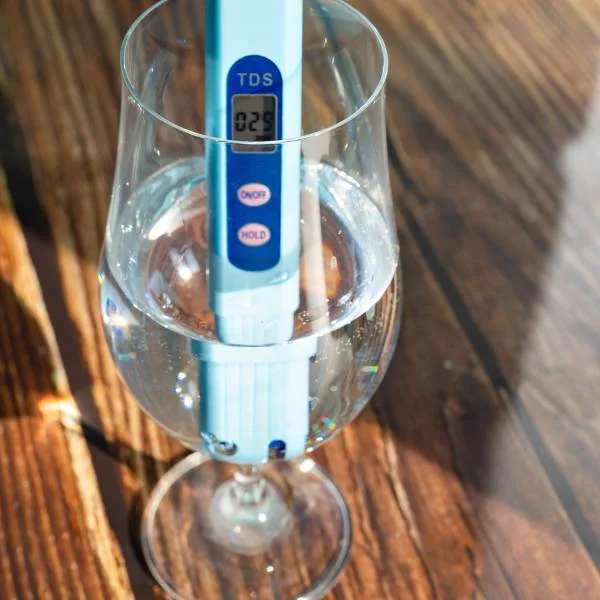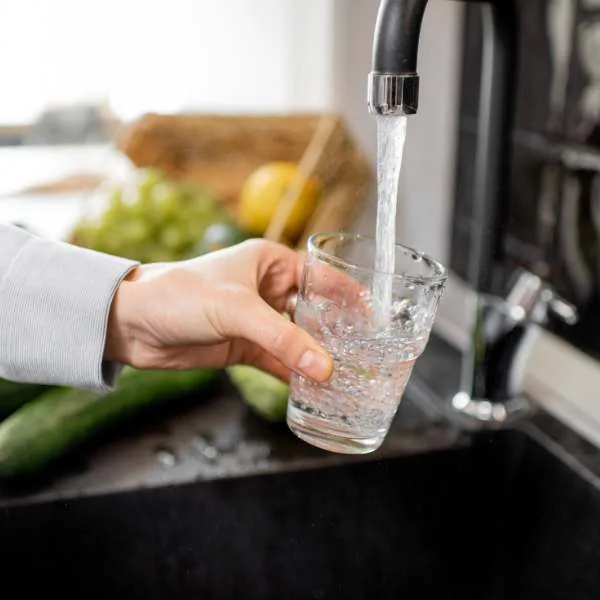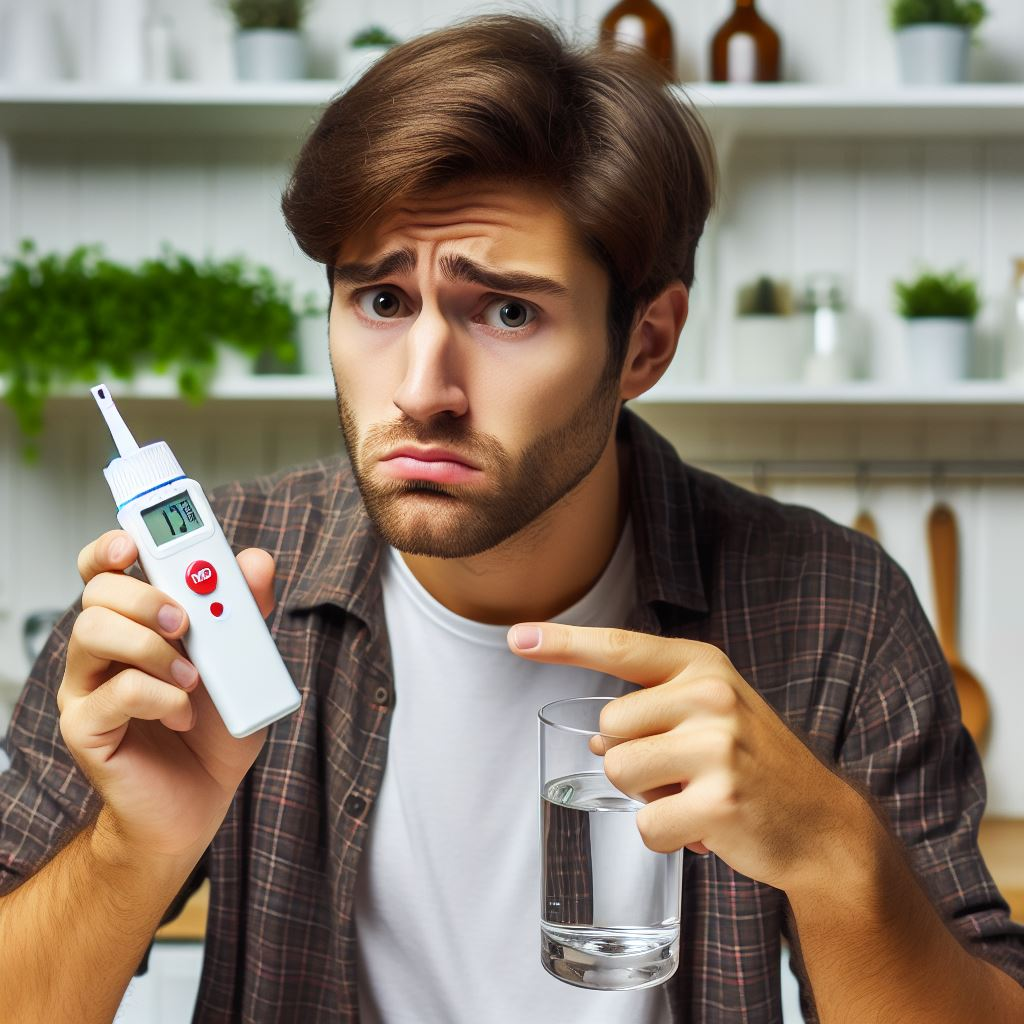In the pursuit of ensuring safe drinking water in Thailand, many people turn to Total Dissolved Solids (TDS) meters as a quick and easy solution for checking their water quality. However, relying solely on TDS meters to determine water safety can be misleading and potentially hazardous. In this article, we explain more about the the limitations of TDS meters and why they are not a reliable indicator of drinking water safety.
Understanding Total Dissolved Solids (TDS):
Total Dissolved Solids refer to the combined content of inorganic and organic substances found in water, including salts, minerals, metals, and other dissolved matter. TDS levels are typically measured in parts per million (ppm) or milligrams per liter (mg/L). Common sources of TDS in water include natural mineral deposits, agricultural runoff, industrial discharges, and urban pollution.

TDS meters have gained popularity due to their simplicity and affordability. They provide a numerical value representing the concentration of dissolved solids in water, offering a seemingly straightforward assessment of water quality. Many consumers believe that lower TDS readings indicate purer and safer drinking water, while higher readings suggest contamination or poor quality.
Limitations of TDS Meters:
- Lack of Specificity: TDS meters measure the total concentration of dissolved substances in water, without distinguishing between harmful contaminants and harmless minerals. As a result, they fail to provide information about the types of contaminants present, such as bacteria, heavy metals, pesticides, or organic pollutants.
- Incomplete Picture of Water Quality: Water safety depends on more than just TDS levels. Even water with low TDS readings can contain harmful pollutants that pose health risks. Conversely, high-TDS water from natural sources like mineral springs may be rich in beneficial minerals and safe for consumption.
- Variable Perceptions of Taste and Health: Contrary to popular belief, TDS levels do not directly correlate with water taste or healthfulness. Some people prefer the taste of water with higher mineral content, while others find it unpalatable. Additionally, certain minerals present in high-TDS water, such as calcium and magnesium, may offer health benefits when consumed in moderation.
Insights from the World Health Organization (WHO): The WHO emphasizes that water safety cannot be determined solely by TDS measurements. In its Guidelines for Drinking-water Quality, the WHO states that “total dissolved solids (TDS) should not be used as a direct indicator of water safety and acceptability,” highlighting the need for comprehensive water quality assessments that consider a range of factors, including microbiological, chemical, and physical parameters.
TDS Levels in Tap Water Across Major Cities
TDS levels in tap water can vary significantly depending on geographical location, water sources, treatment processes, and local environmental factors. Here are some examples of TDS levels in tap water from major cities around the world:
- New York City, USA: TDS levels in New York City’s tap water typically range from 10 to 100 ppm. The city sources its water primarily from the Catskill and Delaware watersheds, which have relatively low levels of dissolved solids.
- Tokyo, Japan: Tokyo’s tap water generally has TDS levels between 20 and 60 ppm. The water supply for Tokyo is sourced from surface water reservoirs and undergoes extensive treatment to ensure high quality.
- Mumbai, India: Tap water in Mumbai may have TDS levels ranging from 200 to 500 ppm or higher. The water supply in Mumbai is sourced from surface water bodies like lakes and rivers, which can contain higher concentrations of dissolved solids due to industrial and agricultural runoff.
- Rome, Italy: TDS levels in Rome’s tap water typically fall between 100 and 300 ppm. The water is primarily sourced from underground aquifers and undergoes treatment to meet drinking water standards.
While cities with higher TDS readings may raise concerns among residents, it’s essential to note that elevated TDS levels do not necessarily indicate unsafe drinking water. Many cities with higher TDS levels still provide tap water that meets rigorous safety standards set by health authorities. For example, in Thailand, Provincial Waterworks Authority (PWA) sets 600 mg/l as their threshold for TDS levels for their tap-water.
Cities with High TDS Readings and Safe Drinking Water

For instance, cities like Los Angeles and Las Vegas in the United States have tap water with TDS levels exceeding 500 ppm due to the presence of naturally occurring minerals. However, this water is considered safe for consumption as it meets regulatory standards set by the Environmental Protection Agency (EPA) and undergoes rigorous testing and treatment.
While TDS levels in tap water can vary widely between cities, it’s essential to recognize that higher TDS readings do not automatically imply water contamination or health risks. Strict regulatory standards, effective treatment processes, and regular monitoring ensure that tap water in many cities with elevated TDS levels remains safe and suitable for drinking.
Conclusion:
While TDS meters can provide a basic indication of water composition, they should not be relied upon as the sole determinant of drinking water safety. Instead, individuals concerned about water quality should invest in comprehensive water testing conducted by certified laboratories. By understanding the limitations of TDS meters and adopting a holistic approach to water quality assessment, consumers can make informed decisions to protect their health and well-being.
References:
- World Health Organization (WHO). (2017). Guidelines for Drinking-water Quality: Fourth Edition Incorporating the First Addendum. Geneva: World Health Organization.
- U.S. Environmental Protection Agency (EPA). (n.d.). Total Dissolved Solids (TDS) in Drinking Water. Retrieved from https://www.epa.gov/ground-water-and-drinking-water/national-primary-drinking-water-regulations#one
- National Sanitation Foundation (NSF) International. (n.d.). TDS Meters: A Reliable Measure of Water Quality? Retrieved from https://www.nsf.org/consumer-resources/what-is-total-dissolved-solids-tds-in-water-and-is-it-harmful




